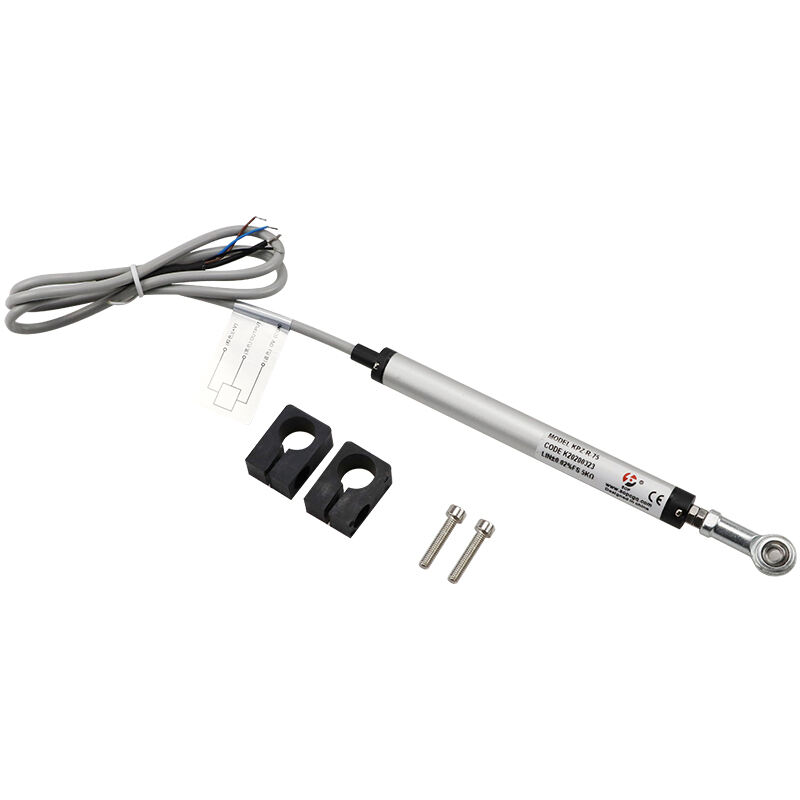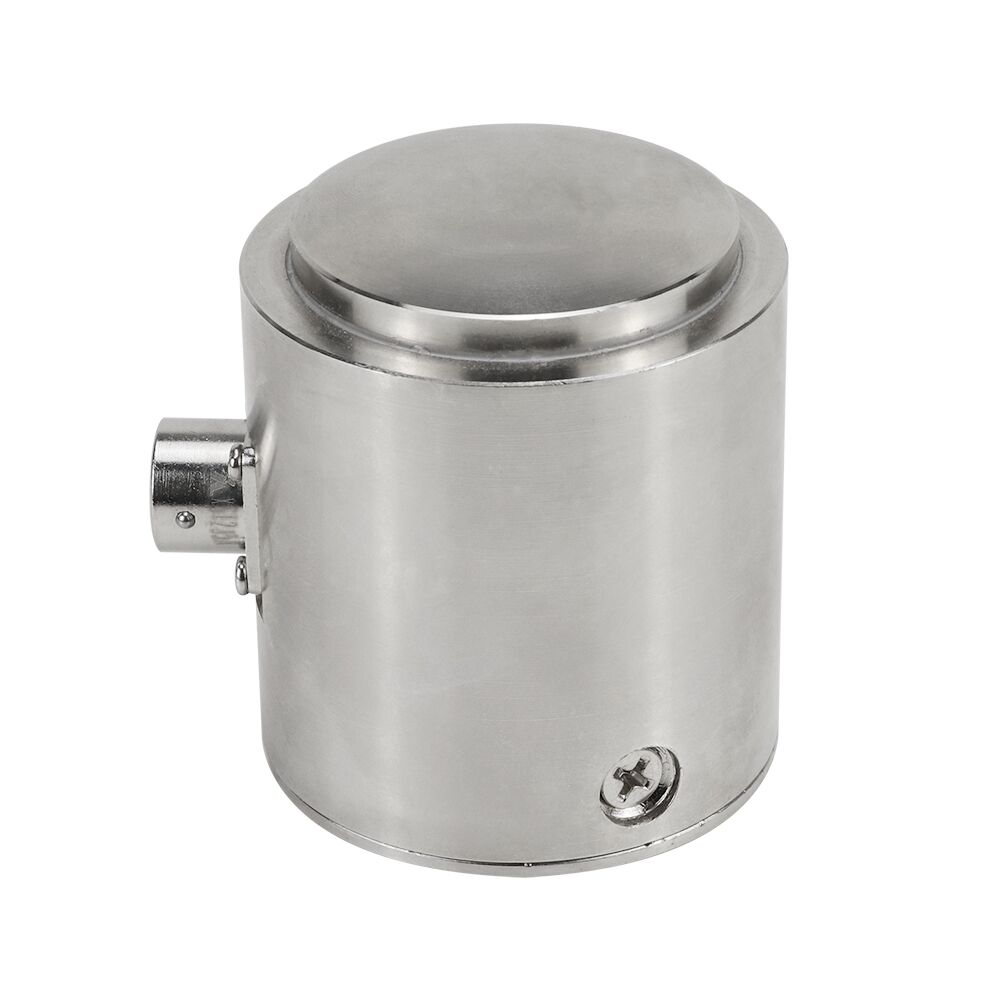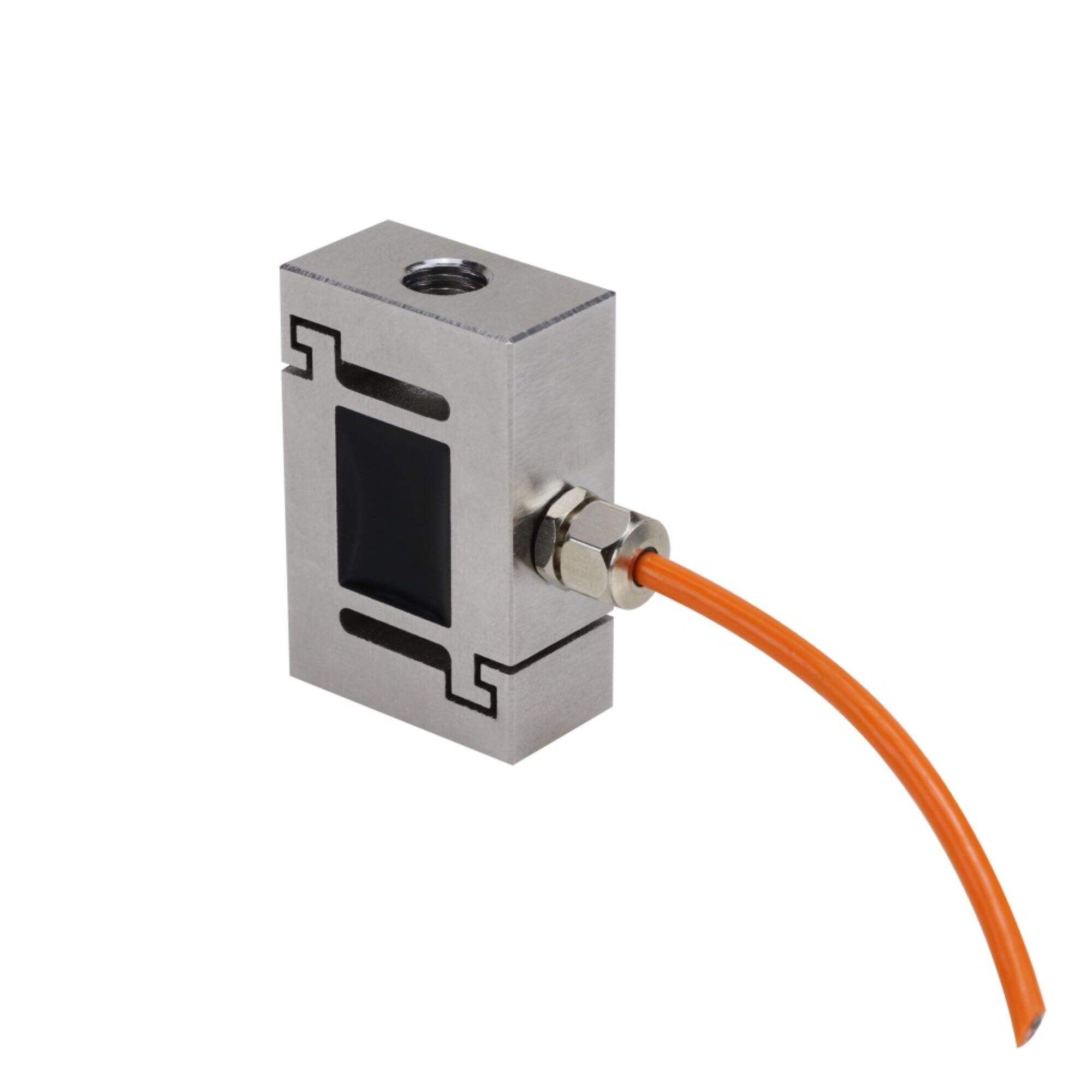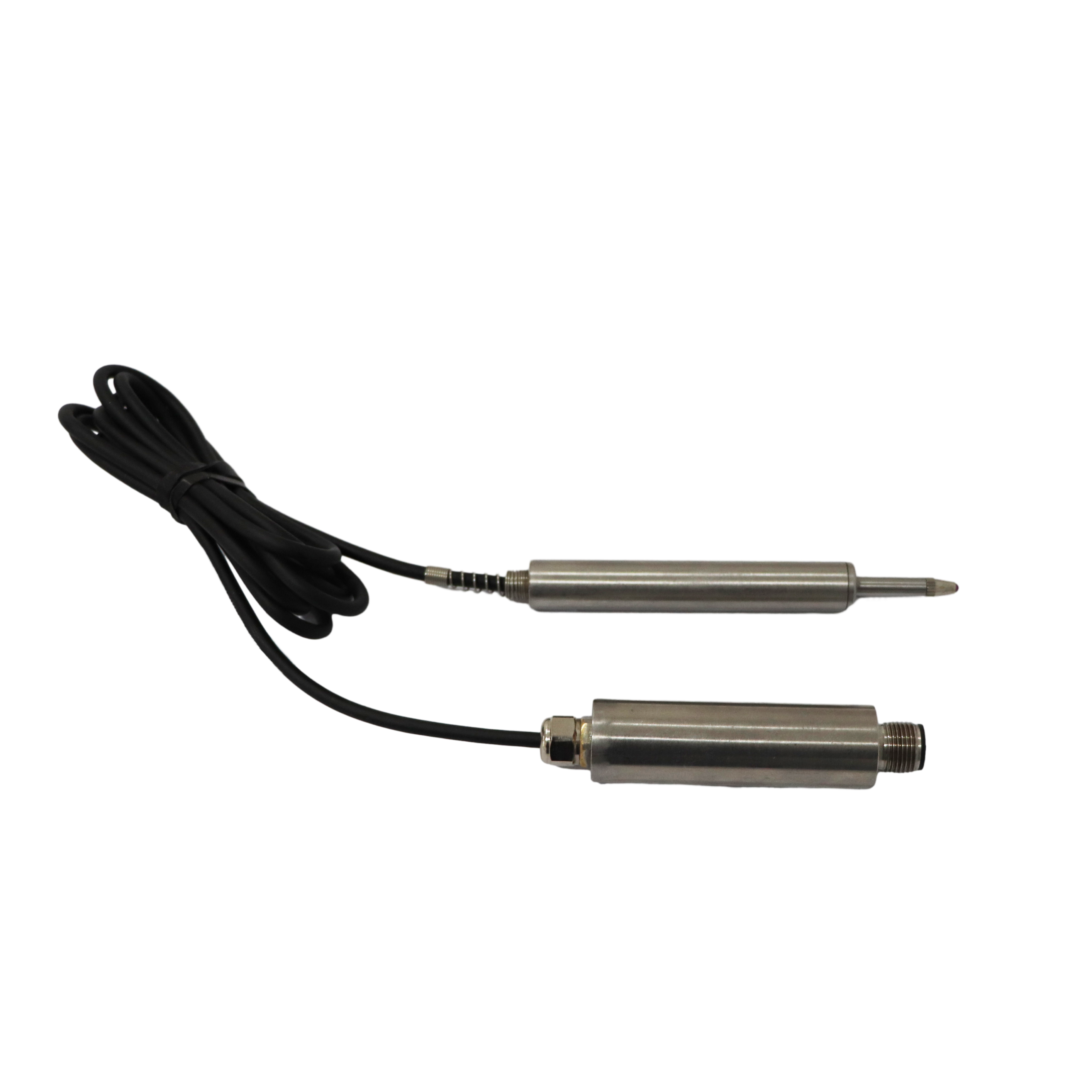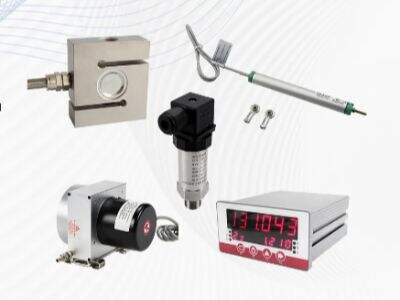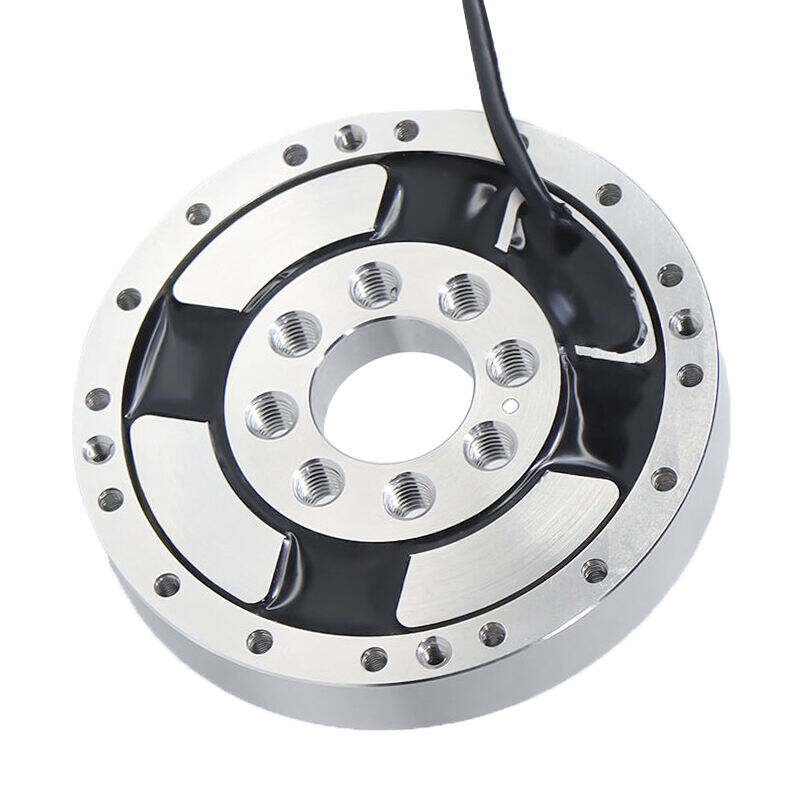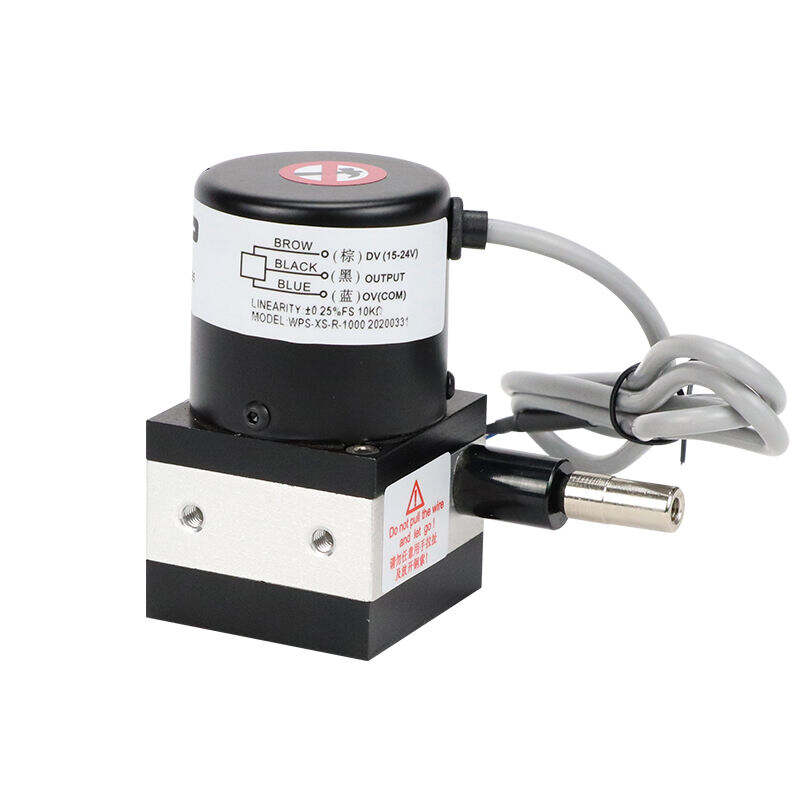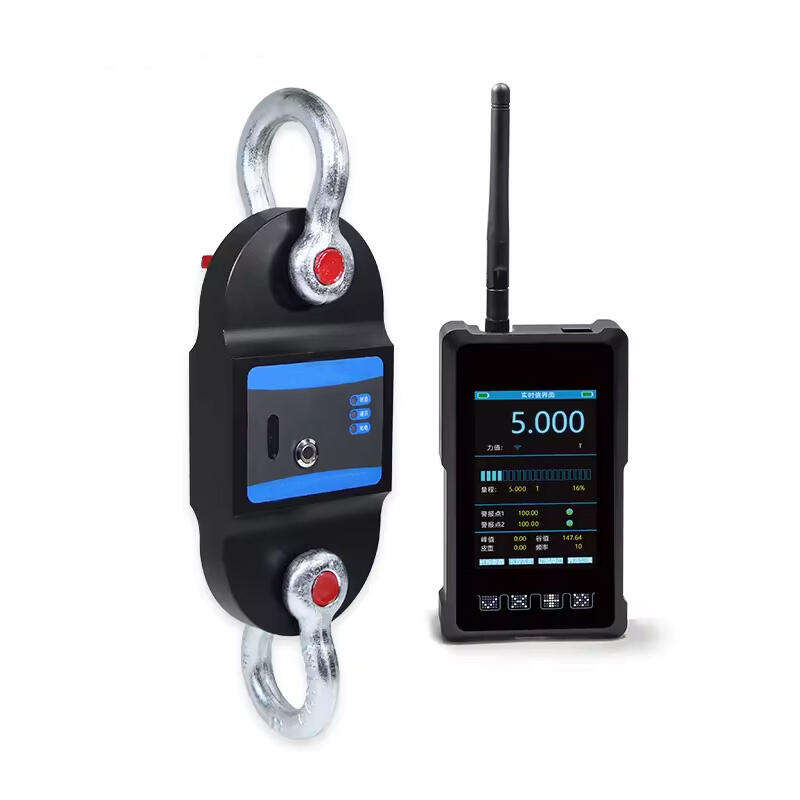portable load cell
A portable load cell is a compact, versatile measuring device designed to accurately determine force, weight, or load in various industrial and commercial applications. These innovative instruments combine precision engineering with modern electronics to deliver reliable measurements in a mobile format. The device operates by converting mechanical force into electrical signals through strain gauge technology, providing digital readouts that can be easily interpreted and recorded. Portable load cells are engineered to maintain accuracy while offering the flexibility of movement between different locations, making them invaluable tools across multiple industries. They feature robust construction to withstand harsh environmental conditions while maintaining measurement integrity. Most models come equipped with digital displays, wireless connectivity options, and data logging capabilities, enabling real-time monitoring and analysis. The technology incorporated in these devices allows for quick calibration, temperature compensation, and overload protection, ensuring consistent performance in diverse operating conditions. Applications range from industrial weight measurement and quality control to construction site load testing and laboratory research, demonstrating their widespread utility in modern measurement scenarios.

